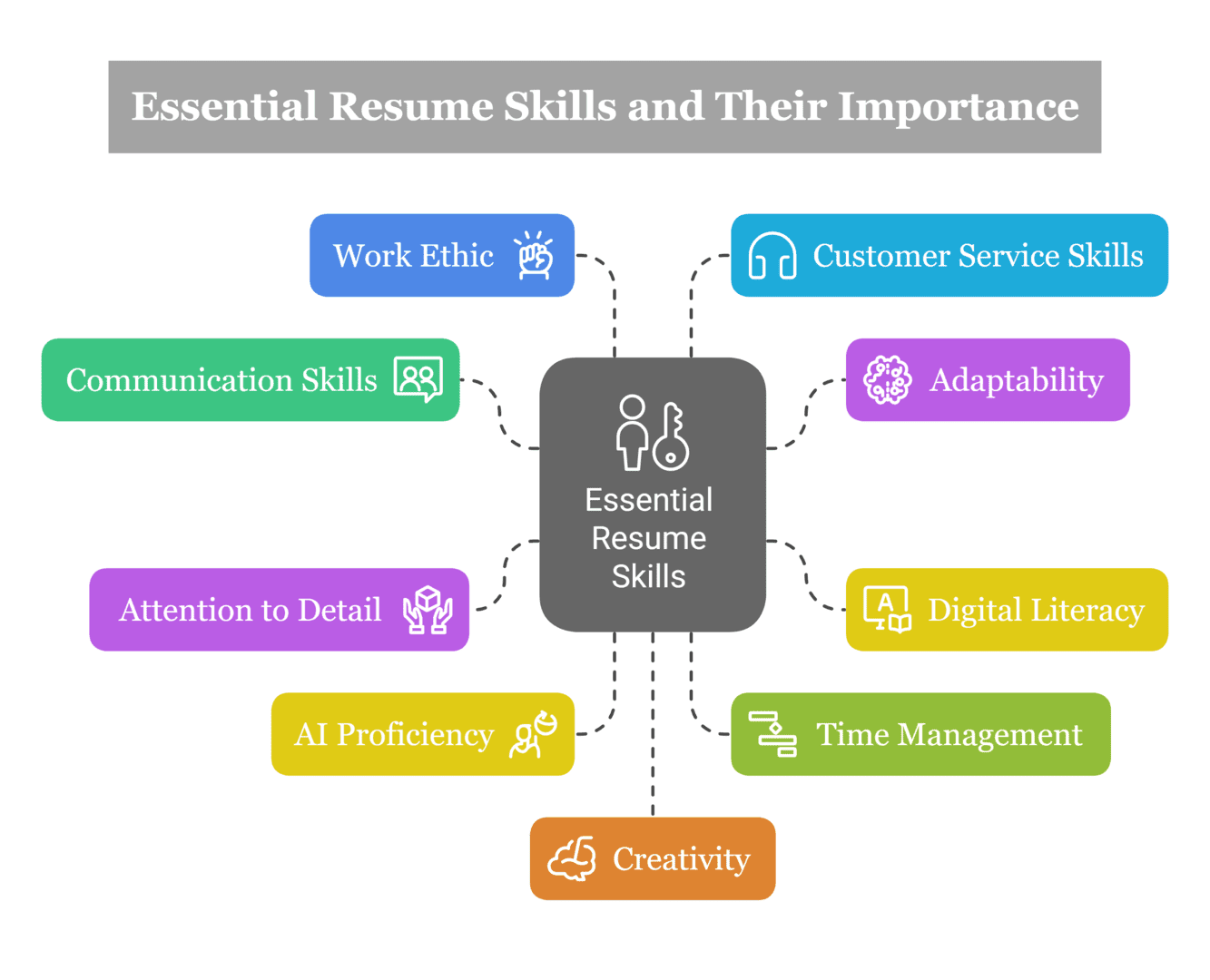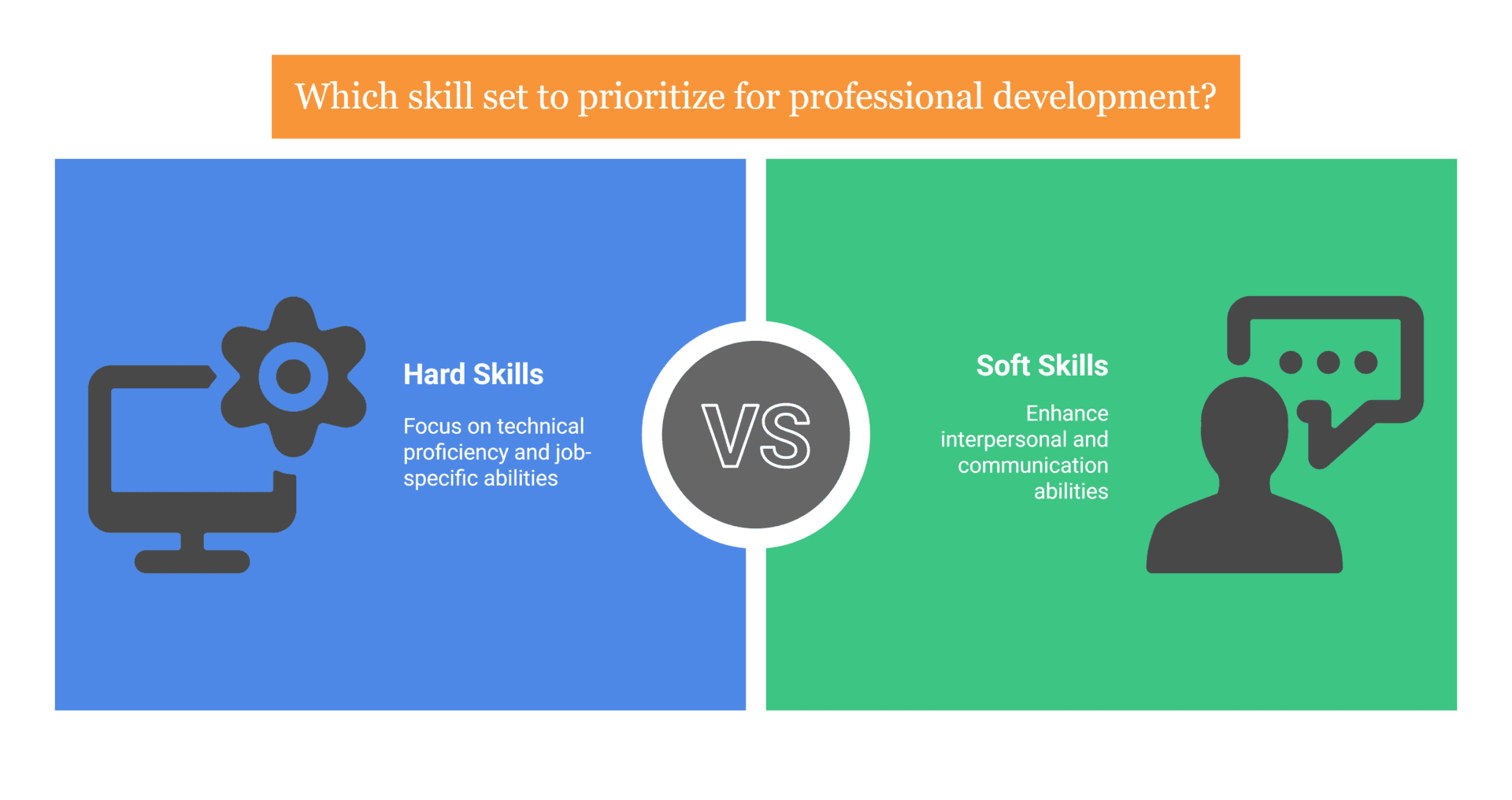
How To Add Skills In Resume 2025?
There are skills for resumes that can elevate them too. A standout resume can significantly improve one’s prospects.
Technical and interpersonal skills are prominent in this multifaceted spectrum, providing you with a unique advantage. Indeed, active listening, value-based communication, adaptability, and problem-solving are the most sought-after qualities for all sectors.
Furthermore, it is critical to have special skills like innovative thinking and creativity that show you stand out among the rest.
The presentation of resume skills in the context of branding and job pursuits makes the difference between impact and effort. Creations with the use of traditional resumes, creative videos, and even interactive online portfolios can be very defining, sometimes about skills themselves.
Table Of Content
The Most Demanded Skills on Resumes
Hard Skills Or Soft Skills
Skills for Resume: Skills to Write in a Resume That Stands Out
Skills to Have in a Resume: Commerce Graduates
Skills to Have in a Resume: Computer Science Graduates
Skills to Have in a Resume: Art and Media Graduates
Final Thoughts
Frequently Asked Questions
The Most Demanded Skills on Resumes
Hard Skills Or Soft Skills
Skills for Resume: Skills to Write in a Resume That Stands Out
Skills to Have in a Resume: Commerce Graduates
Skills to Have in a Resume: Computer Science Graduates
Skills to Have in a Resume: Art and Media Graduates
Final Thoughts
The job requirements and industry determine which skills to include on your resume. Therefore, it’s crucial to carefully read the job description and tailor your skills section accordingly. Additionally, staying up-to-date with the latest advancements in your field is essential. Including relevant skills that demonstrate your knowledge of current trends and technologies will make your resume stand out and show potential employers that you are a competent and adaptable candidate in today’s rapidly evolving job market.

Frequently Asked Questions
- Hard Skills: These are specific, teachable abilities or knowledge sets acquired through education or training, such as proficiency in software applications, data analysis, or foreign language fluency.
- Soft Skills: These are interpersonal attributes that enhance your ability to work effectively with others, including communication, teamwork, adaptability, and problem-solving.
- Organize by Category: Group similar skills together under clear subheadings, such as “Technical Skills” and “Interpersonal Skills,” to enhance readability.
- Use Bullet Points: Present your skills in bullet point format for easy scanning by recruiters.
- Be Specific: Instead of listing generic skills, provide specific examples, such as “advanced proficiency in Microsoft Excel” or “fluent in Spanish.”



